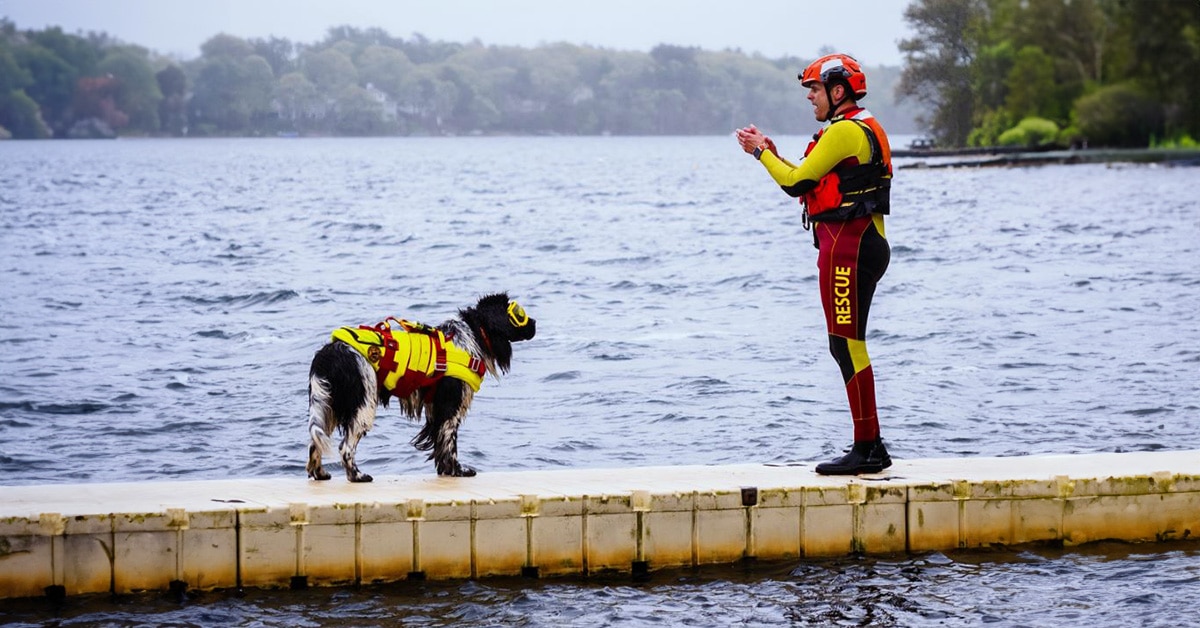The footage is just under four minutes long — but by the end, most viewers are left stunned, silent, and searching for answers.
It captures the final performance of marine trainer Jessica Radcliffe at OceanWorld’s flagship marine theater — a show meant to dazzle families and children, but instead spiraled into a moment of chaos and tragedy that has since gone viral across social media and sparked global outrage.
Now, with the full video under review by experts, the central question remains: What made the killer whale snap?
A Routine Turned Horror
Jessica Radcliffe, 31, was a veteran aquatic performer and marine behaviorist with over a decade of experience. She had worked with the killer whale, named Viro, for nearly three years — a creature she had once called “the most emotionally aware animal I’ve ever known.”
But during a routine high-dive maneuver in the “Ocean Titans” show, something shifted.
The footage shows Jessica diving into the main tank, as Viro circles beneath. Moments later, instead of rising for the synchronized splash — the whale rockets upward, snatching Jessica mid-swim and pulling her under with shocking force.
Gasps erupted in the arena. Screams followed. What began as applause turned into panic.
Caught on Every Angle
Multiple audience members captured the incident on phones and live streams. From every angle, it’s clear: Jessica did not provoke, miscue, or signal aggression.
“She did everything by the book,” said Alan Moore, a former OceanWorld trainer who analyzed the footage. “There was no mistake on her part. The whale chose to do that — and that’s what makes this so terrifying.”
In the final seconds of the video, rescue divers enter the tank. Jessica’s body was recovered after a 2-minute submersion. Despite immediate CPR, she was pronounced dead at the scene.
The Chilling Question: Why?

So far, no definitive answer has been given for Viro’s behavior. But trainers and experts have pointed to mounting stress, captivity-induced trauma, and unnatural environmental stimuli.
“He had recently been transferred between enclosures due to a filtration issue,” revealed a whistleblower from the facility. “He wasn’t adapting well. Jessica was the only one who could still get close.”
This has reignited the debate about keeping apex predators in captivity — especially killer whales, known for their intelligence, emotional depth, and history of unpredictable behavior under stress.
The Legacy of Jessica Radcliffe
Jessica was more than a performer — she was a passionate advocate for marine life, pushing for more ethical training practices and animal mental health protocols. She often wrote in her journal, “If I’m ever hurt by one of these animals, don’t blame them. Blame the cage.”
Her words have resurfaced online, quoted by friends and fans alike as the investigation continues.
Public Reaction: Grief, Outrage, and Reflection
Since the video’s release, OceanWorld has suspended all killer whale shows indefinitely. Animal rights groups have called for immediate closures, while supporters mourn Jessica as both a victim and a voice for the very animals she loved.
Candlelight vigils have formed outside the facility. A growing number of people are sharing the hashtag #JusticeForJessica — not just to honor her memory, but to demand systemic change.
In Her Final Moments… A Message
As shocking as the footage is, it also reveals something hauntingly beautiful: Jessica’s calm. Even as the whale breached unnaturally close, she showed no fear — only trust.
“She believed in that animal until the end,” said her partner, Ethan Vale. “And maybe that’s why it hurts so much — because she shouldn’t have had to pay for our mistakes with her life.”




